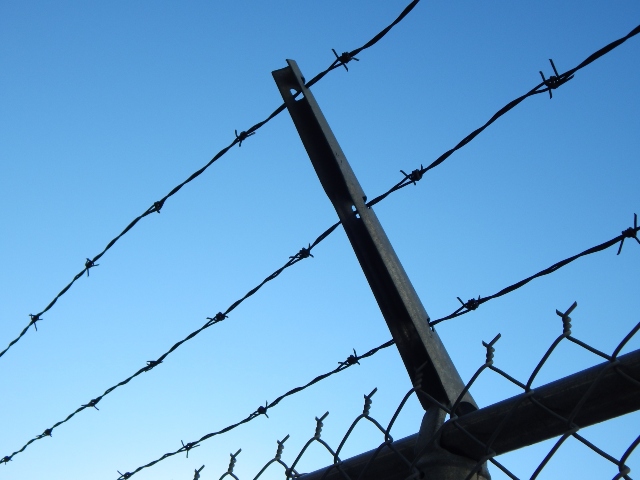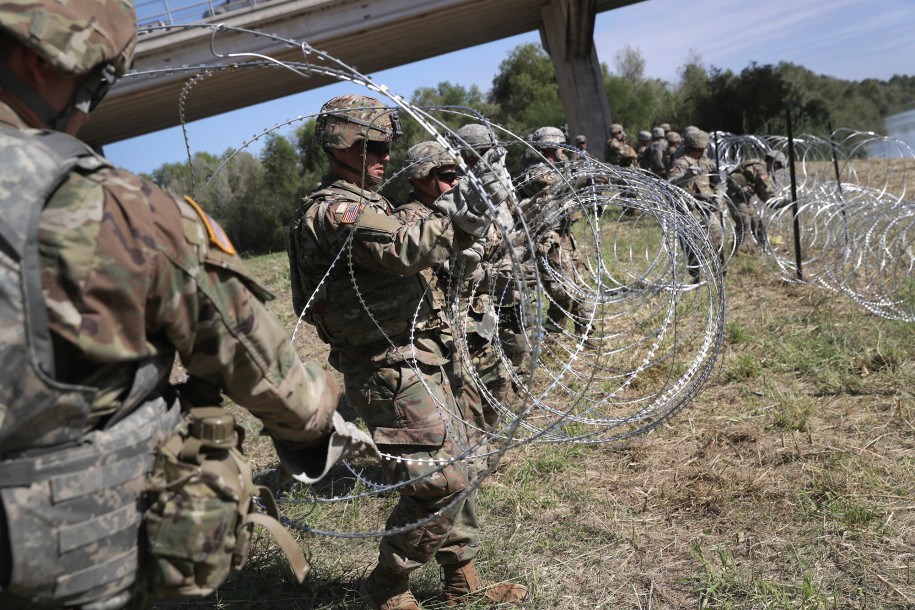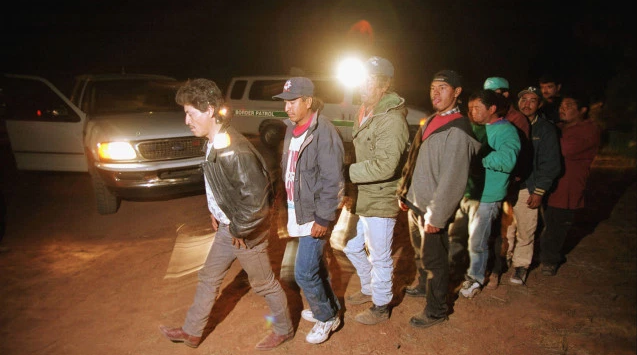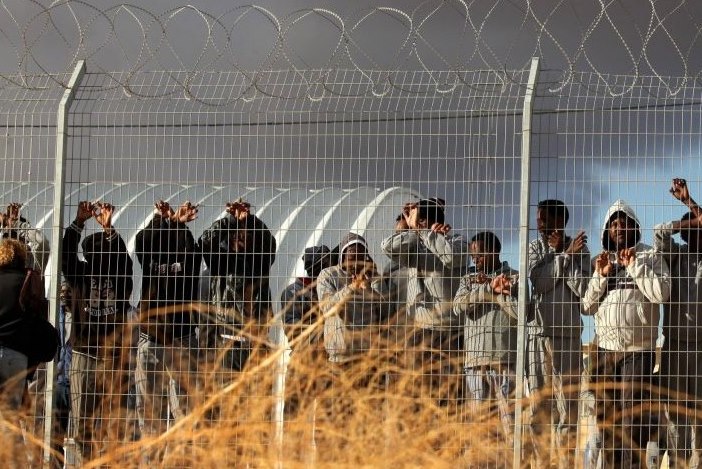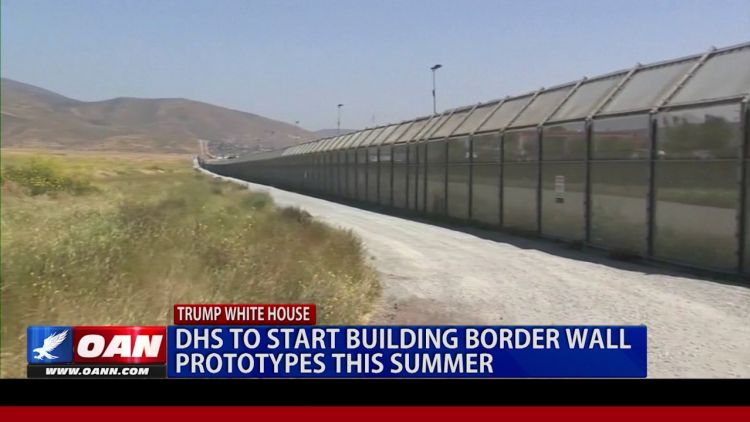
Democrats, some Republicans and the government of Mexico have all criticized President Donald J. Trump’s proposed border wall, with many of them either vowing it won’t get built or, in Mexico’s case, it won’t be built with pesos.
But special operations teams from the U.S. Border Patrol and U.S. military prove without question why the wall must be built if we’re ever to get serious about border security: It’s impenetrable.
For weeks these highly capable individuals have been attempting to breach all eight of the models/prototypes that have been built thus far for the Trump administration to choose. Over the course of these weeks, The Associated Press reported, teams attempted to breach “using jackhammers, saws, torches and other tools and climbing devices,” but were unsuccessful every single time.
In short, any one of these designs would make an effective anti-drug smuggling, anti-human smuggling, national security-enhancing addition to one of the most porous major power borders on the planet. (Related: THIS is why Trump’s border security measures are desperately needed)
A report by Customs and Border Protection does not pick a winner, per se, but the report does note that steel see-through designs that are topped off with concrete are the better overall designs, according to an official who spoke to the AP and who is familiar with the testing.
The report also recommended combining elements of each design, changing them to fit a particular terrain. That seems feasible given that all eight designs appear to be impenetrable by all but the most extreme methods (you know, like carpet-bombing).
As The National Sentinel reported, fence testing began in early December. The eight prototypes, submitted by six companies, were completed Oct. 26 in the San Diego sector. Four of them are made from concrete while the other four consist of various materials.
Trump, during his campaign, promised a “big, beautiful wall” the entire length of the southwest border. But administration officials have said since that likely won’t be necessary, given that in some places along the U.S.-Mexico border natural barriers will suffice.
The prototypes were to be between 18-30 feet tall and designed to prevent scaling.
The AP noted that the six contractors were awarded between $300,000 and $500,000 for each design.
The acting CPB deputy commissioner, Ronald Vitiello, went to see the prototypes in October. He said the one thing that struck him most was the 30-foot heights, which are much taller than existing border fencing and barriers.
Taller barriers in part proved to be the trick. The highly-skilled special forces testers were able to scale 16-20 of the sample walls unassisted, but they needed help after that said the official who spoke to the AP.
In addition, testers said that there would definitely be safety issues getting down from a 30-foot-tall barrier; a tester only managed to hook on top of one of the wall samples without help. Tubes on top of some models prevented hooking and other rappelling devices, however, officials don’t think they would work in more mountainous areas because of jagged terrain.
Steel models appear to be on the most-favored list, because they could be more cheaply maintained and, if needed, repaired, than full concrete models. Topping steel with smooth-sided concrete would prevent climbing.
It’s not clear when Trump will get congressional funding for his wall, given that there remains so much opposition to it which, quite frankly, is confusing given that every member of Congress swears an oath to ‘protect and defend’ the country.
But what this should tell you most of all is that when someone set their mind to it, a workable, feasible security solution could be found to this problem of porous borders. Before Trump, no president really cared to find one.
Read InvasionUSA.news for more coverage of border security.
J.D. Heyes is editor of The National Sentinel and a senior writer for Natural News and News Target.
Sources include:
Please contact us for more information.
















